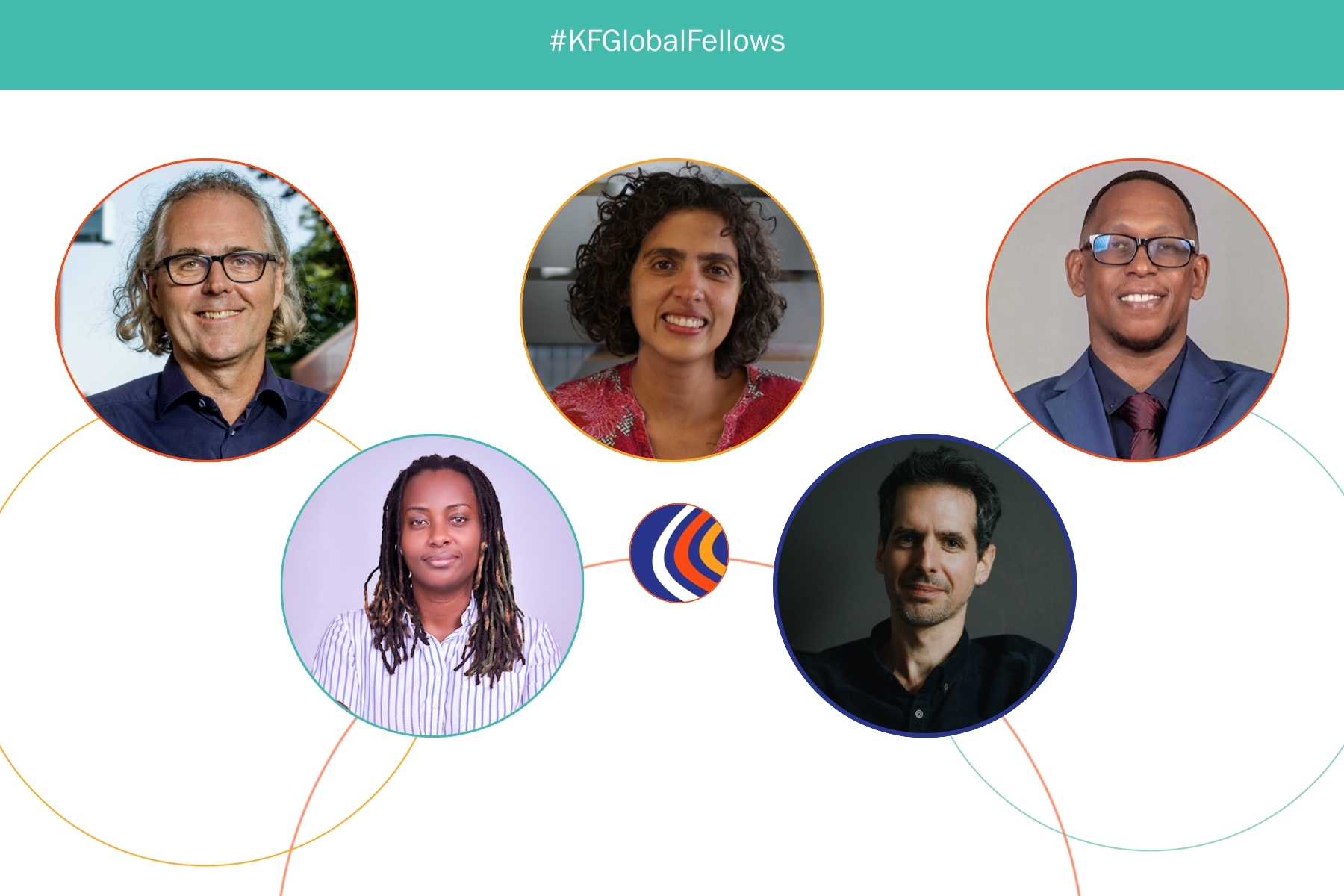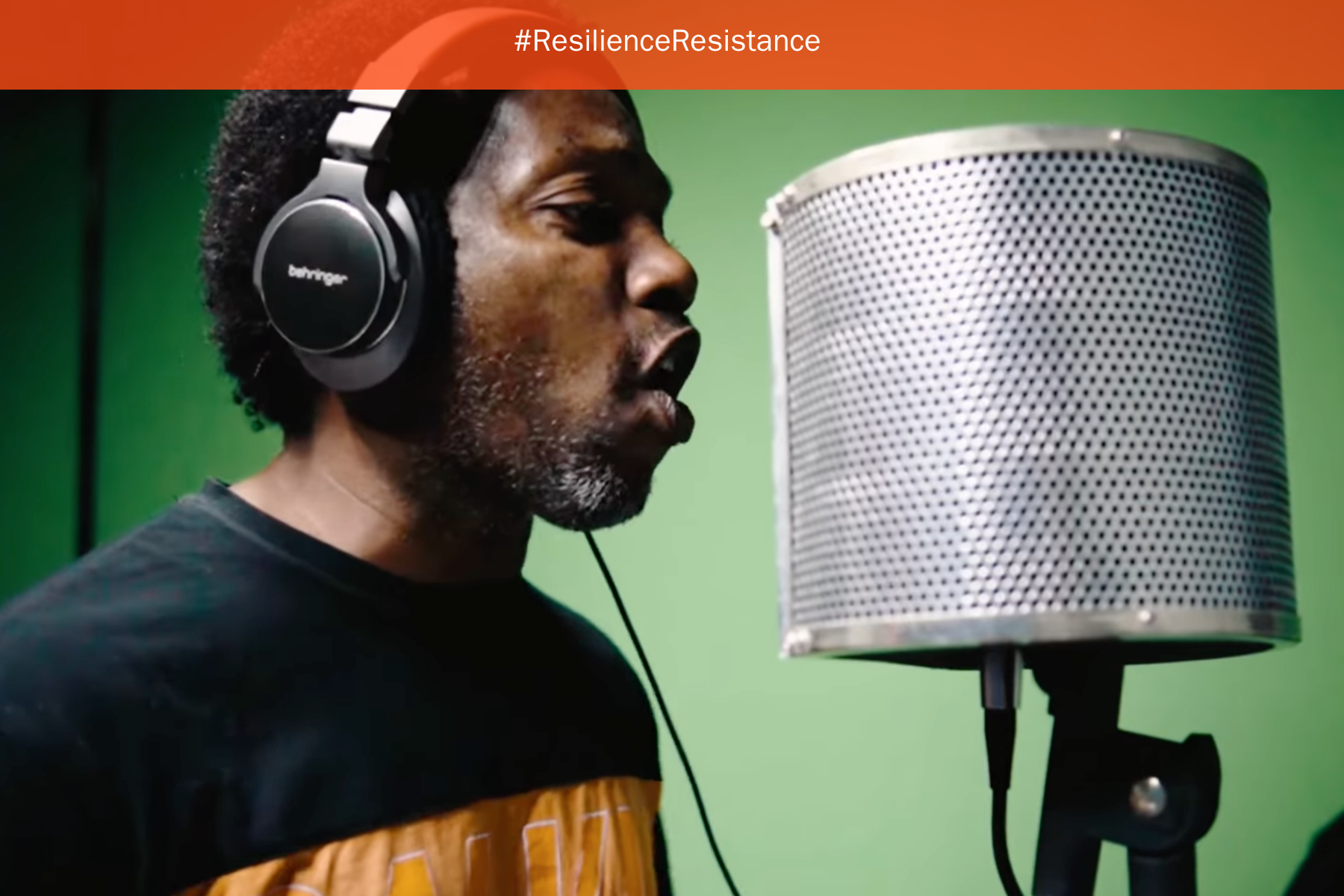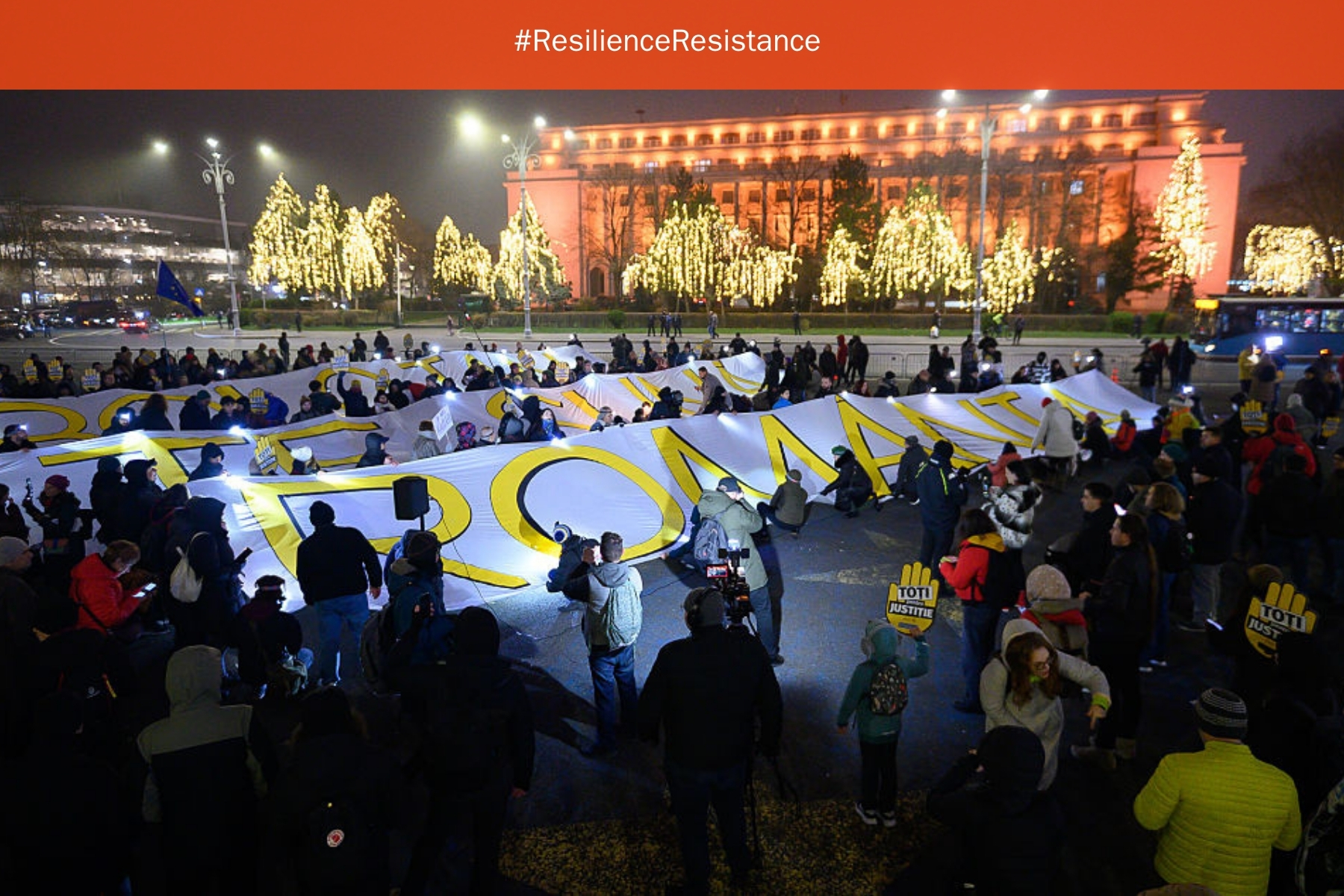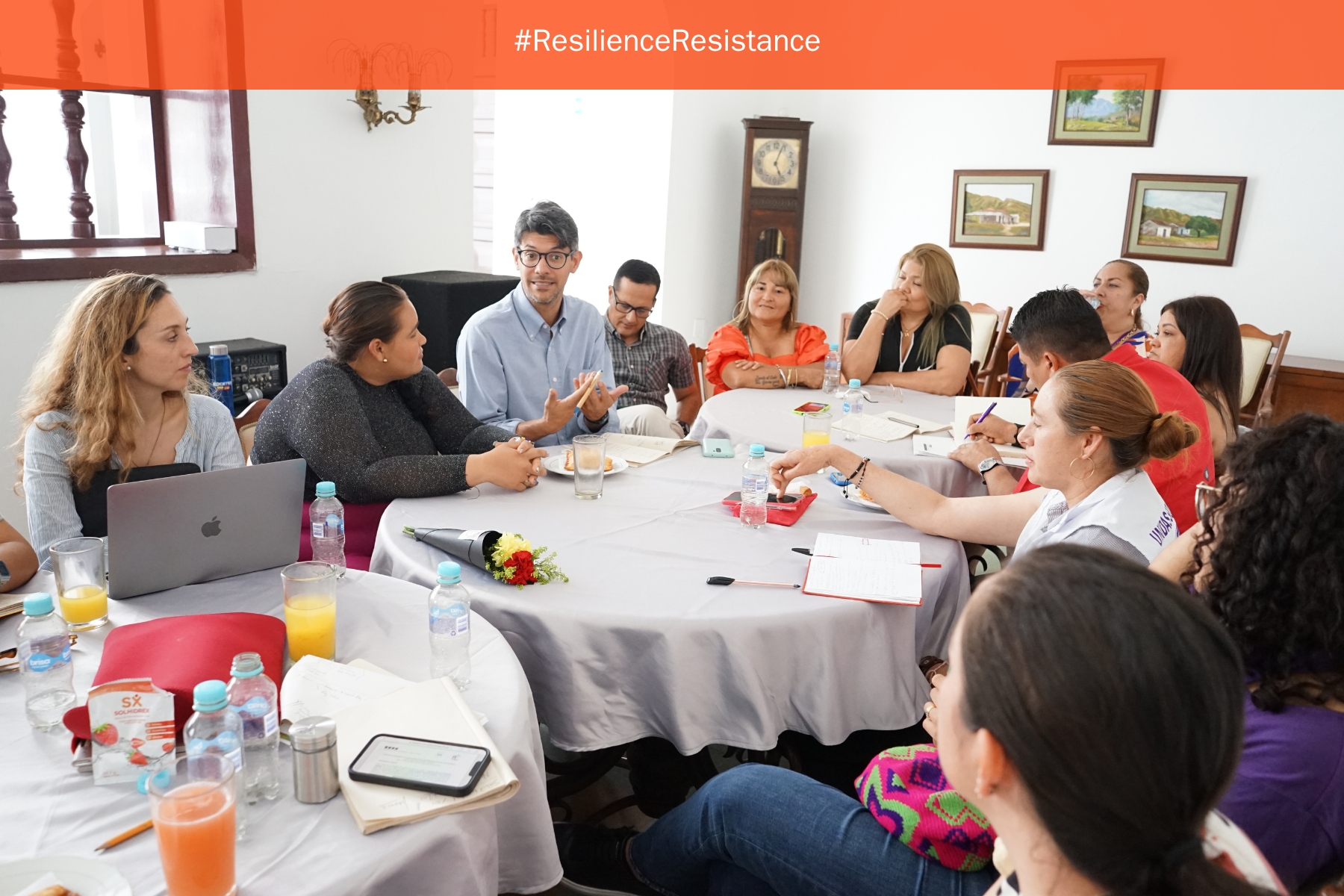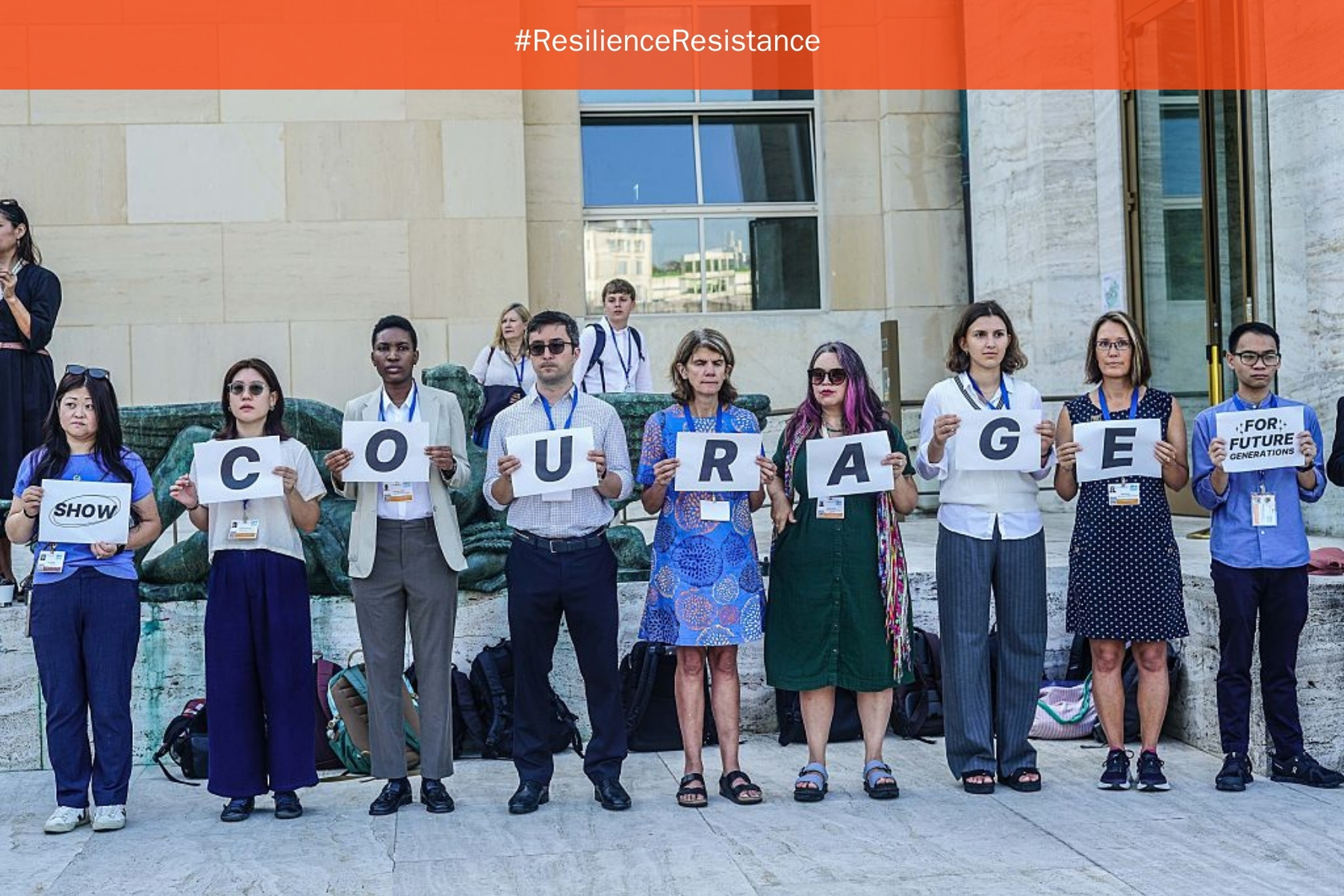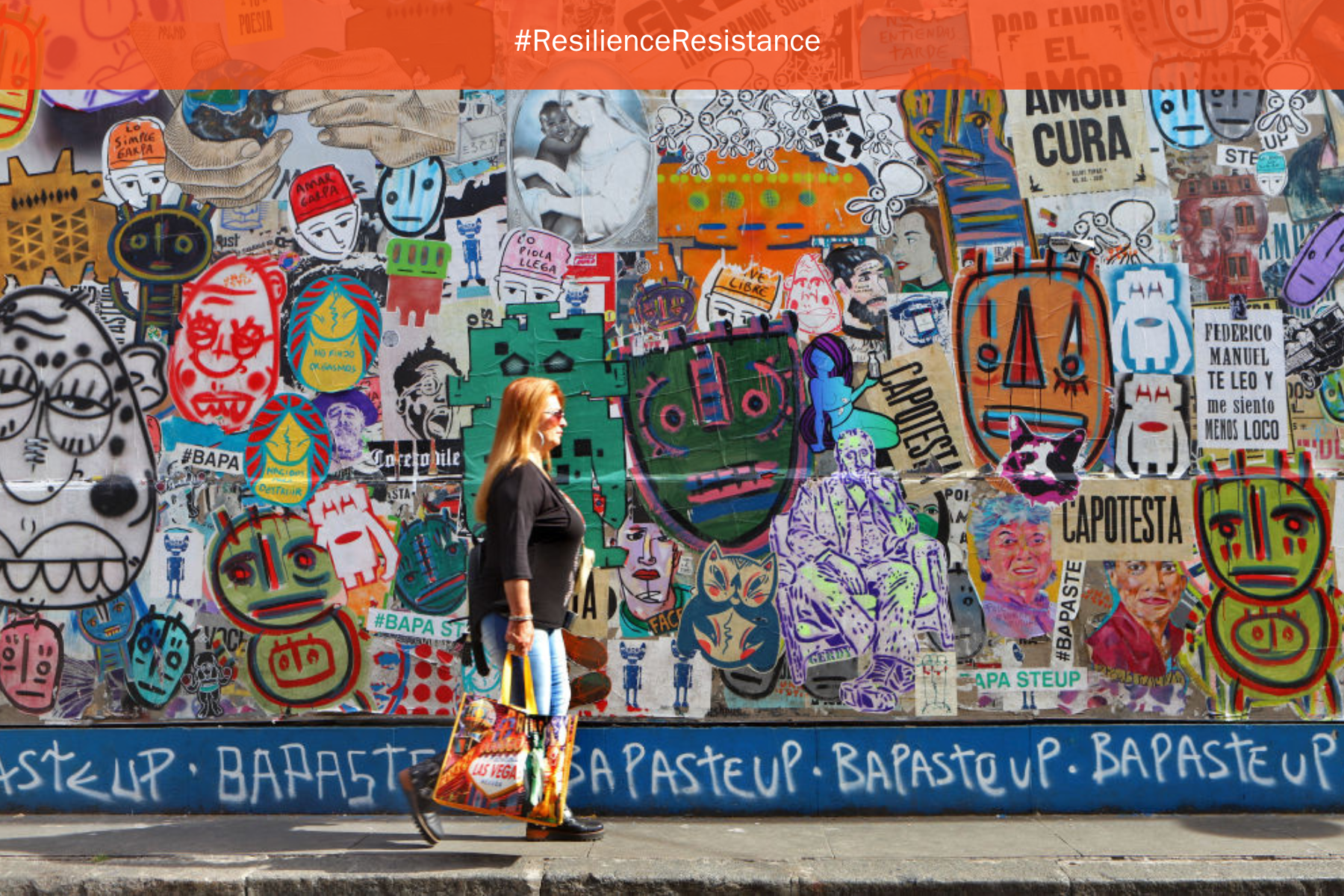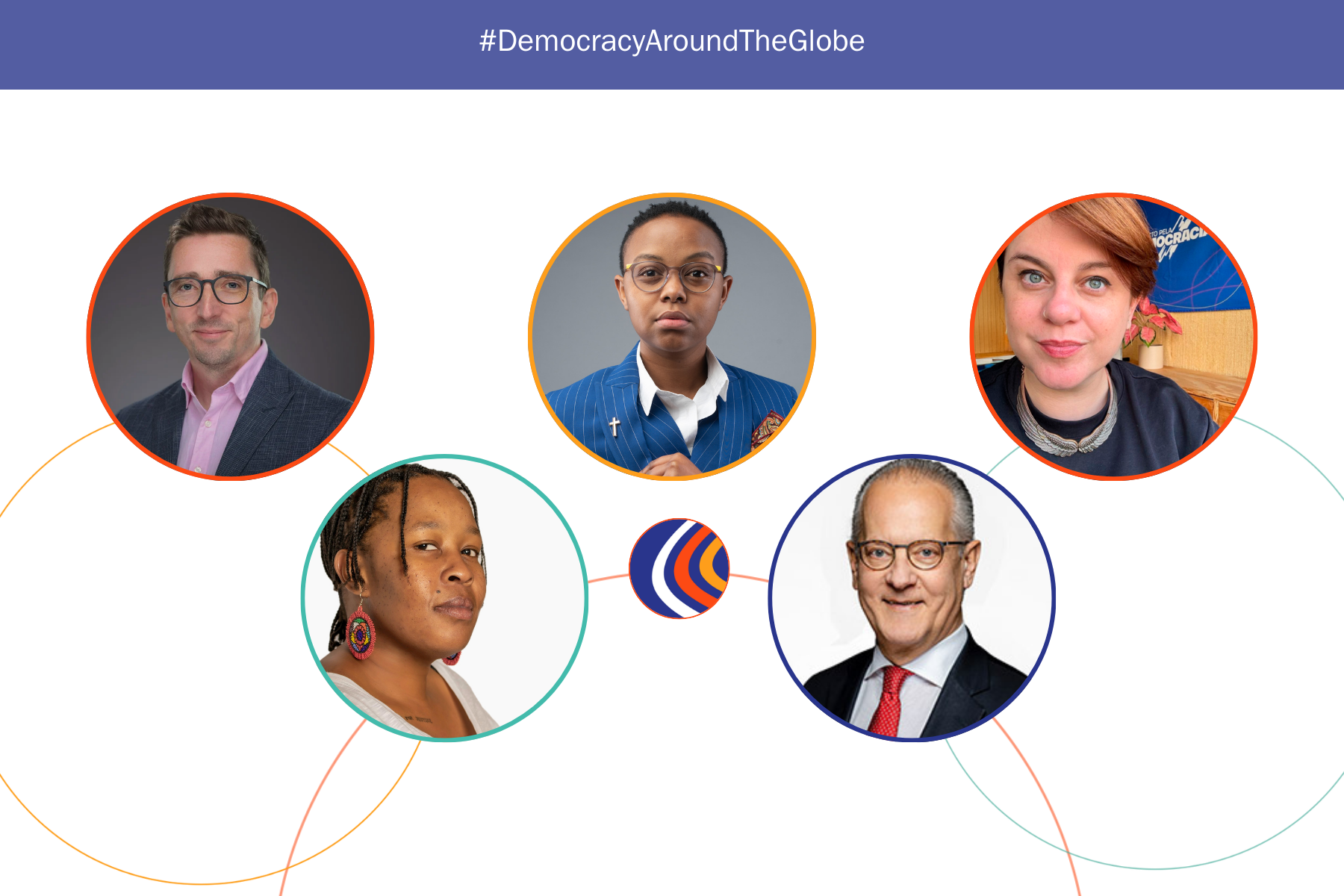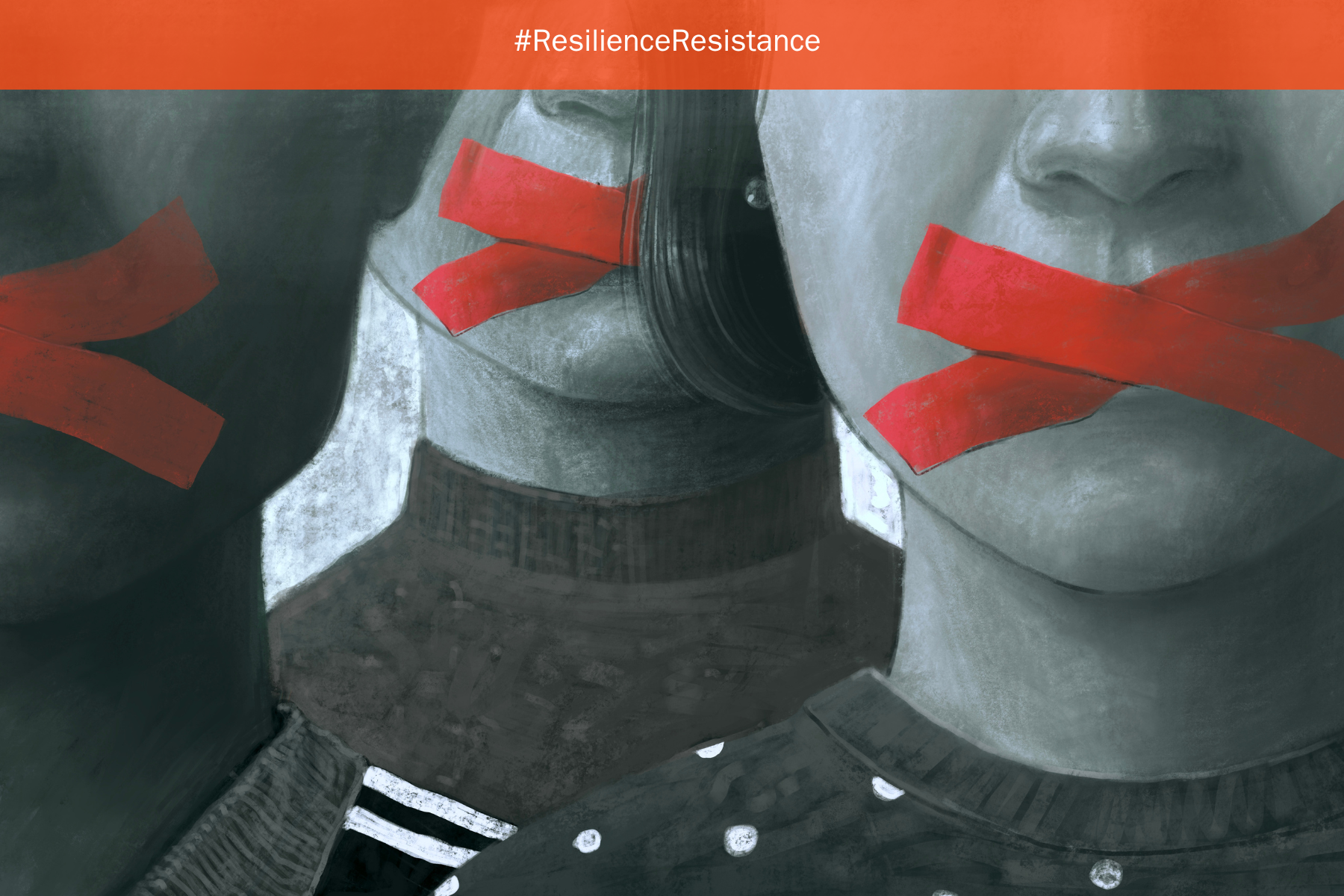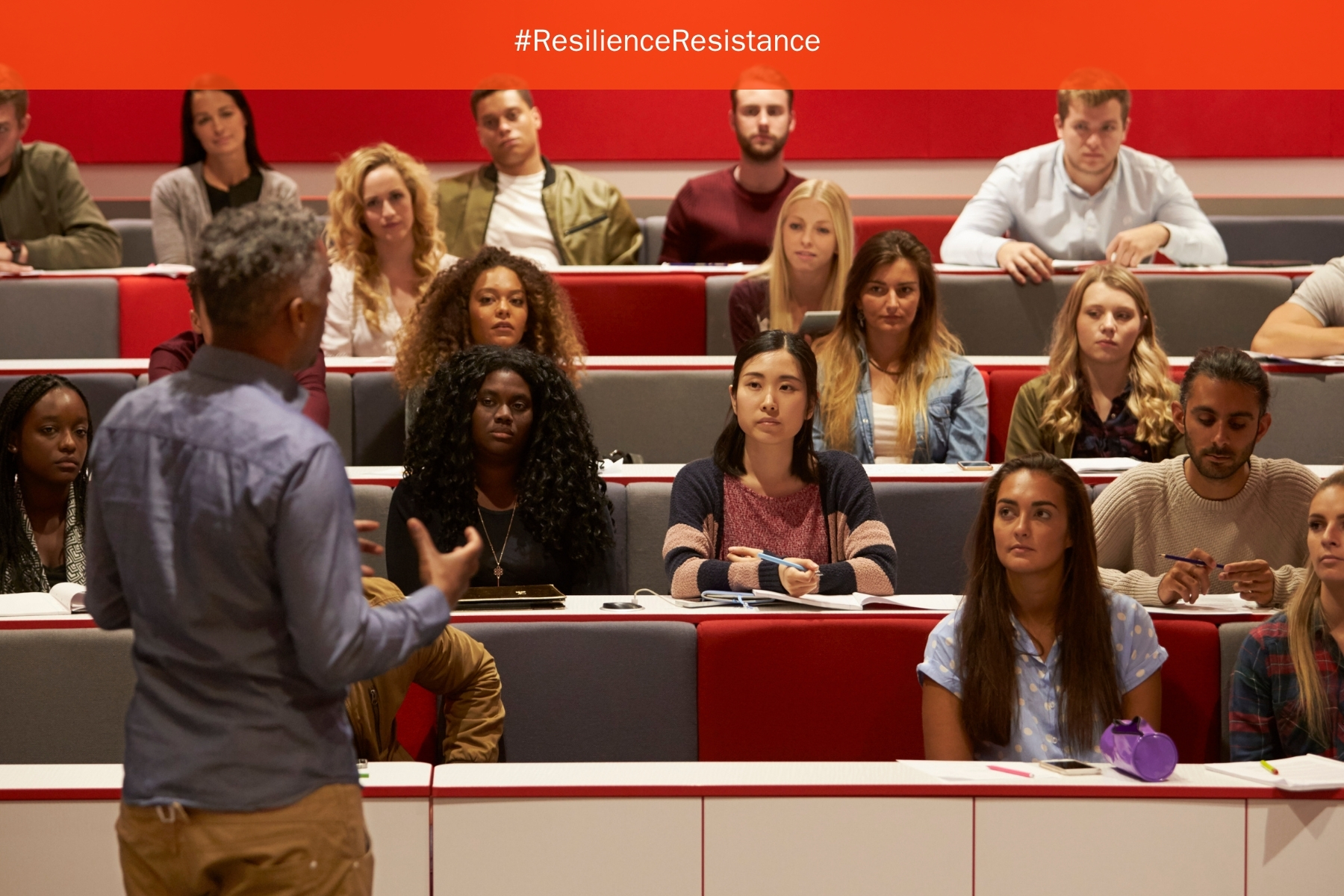Kettering Global Fellows at Work: Hernán Charosky
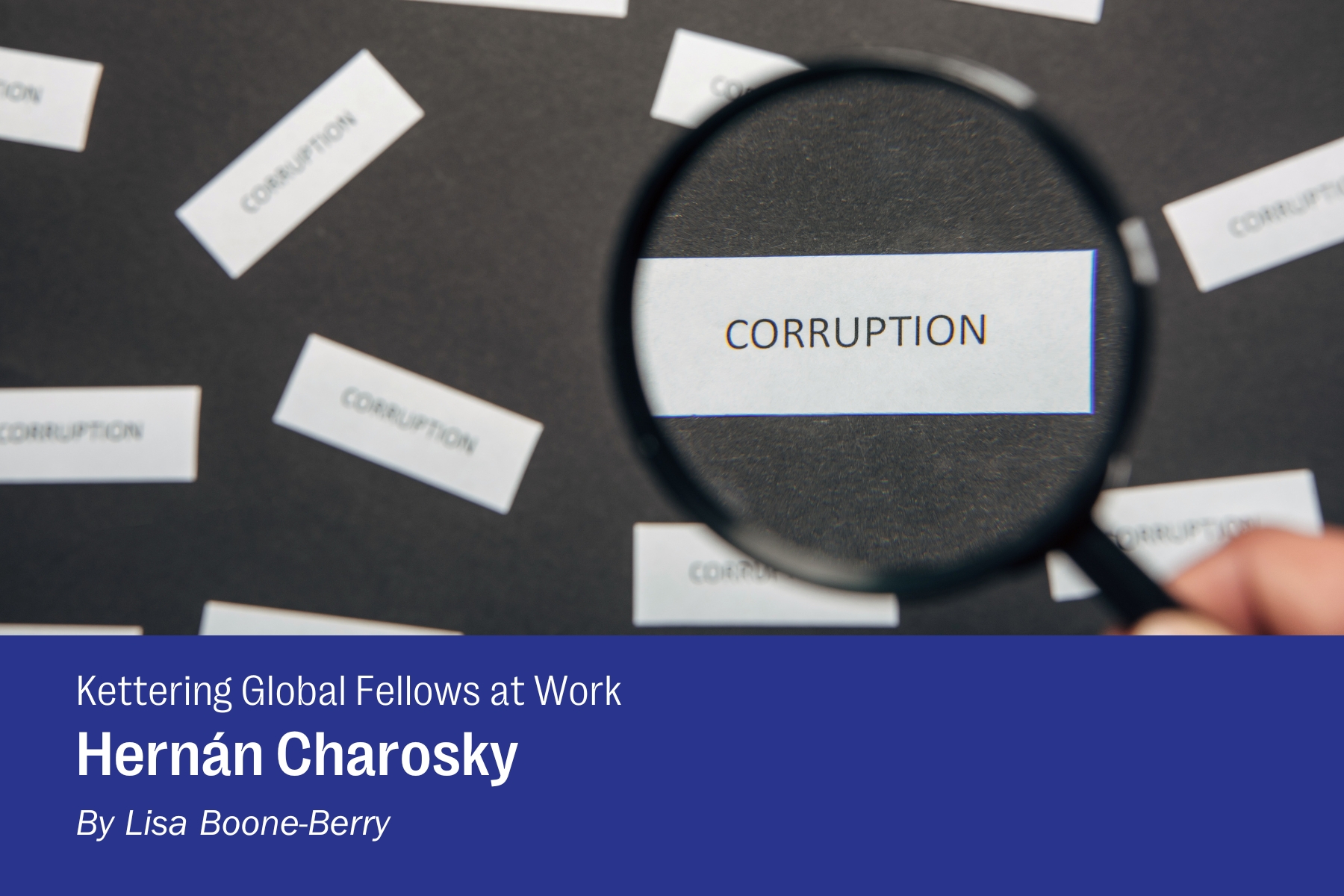
This blog post wraps up our series highlighting the work of the 2023 Charles F. Kettering Global Fellows for Advancing Inclusive Democracies. CFK Global Fellows is an initiative of the Democracy around the Globe focus area with the goal of fostering an international community of partners to promote and defend inclusive democracies.
Corruption can, and does, happen within all forms of government, but when it happens in a democracy it “harms the essence of democratic legitimacy.” This is just one of the insights shared by CFK Global Fellow Hernán Charosky in his project report to the foundation. His time as a fellow allowed him to focus on long-standing concerns about widespread corruption in Argentina.
Through his research, Charosky identified persistent corrupt exchanges or, as he calls them, “circuits.” He notes that these acts of corruption included routine “embezzlement of public money and/or abuse of public authority in exchange [for] private money.” He identified a series of political actors engaging in this behavior regularly over time, with key institutions and norms allowing these corrupt exchanges to take place.
He sees corruption as embedded in the political system, supported by the discrete cooperation of different political groups and business sectors. It is part of the regular functioning of politics and business.
When people think of corruption, they tend to think of bad actors at the national and federal levels. This assumption, however, overlooks equally corrosive provincial and local level corruption. In many ways, the corruption occurring at these local levels has a greater impact on people’s everyday lives.
One of the factors driving such widespread corruption is that all the political parties take part in these corruption circuits, leading to the persistence of these practices. Charosky states that the “intimate relationship” between actors from different political parties over so much time makes corruption as a practice so “difficult to dismantle, because of the web of favors, silence, and fear” throughout the political system. While pervasive, it can take on different forms in different areas. For example, in poor provinces and municipalities, it is common for corruption to manifest as intimidation and cooptation, which gives those in power excessive, or “feudal,” control.
One of the most difficult areas to detect and counter corrupt practices is within the intelligence services. Because the work of intelligence is typically classified, it is already surrounded in secrecy. This makes it difficult for the public to become aware of dishonest activity. Without scandals, there are no calls for reform. Even if those in office discover corrupt activity, there are tacit advantages to the “unchecked power of bribing and spying, so what would be the incentive to reform?”
As his research deepened, Charosky wondered whether these circuits or networks could be disrupted or reduced, and if so, how? With the current high rates of inflation in Argentina, he doubts the public has an interest in tackling corruption reform. However, he is convinced that this work is important and is continuing to conceptualize how it could be addressed.
One of Charosky’s ideas is to create a space for experts to analyze current corruption circuits, and through this analysis, transform these circuits so they work in civically beneficial ways. He believes it is reasonable to expect that existing relationships and habits of exchange could be converted to produce beneficial and sustainable outcomes.
The next step in this work is determining how to create this space and drive this transformation. Even as Charosky continues to grapple with this idea, there is no doubt that this promising line of work could be valuable in countering corruption in other countries.
Lisa Boone-Berry is the content development specialist for Democracy around the Globe.
The Charles F. Kettering Global Fellowship for Advancing Inclusive Democracies is a six-month program designed to promote leadership in global civil society and to nurture and support those working to build inclusive democracies around the world.
